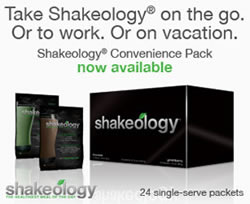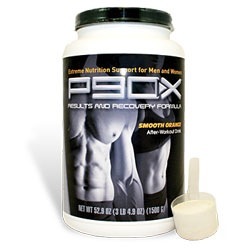Essential Fatty Acids: The Multivitamin of Fats

Essential Fatty Acids (EFAs) are considered “good” fats. They are often call them the “multivitamin” of fats, especially because they are considered as important as, or maybe even more important than, vitamin and mineral supplements. These “good” fats are considered essential because our body cannot make them and therefore EFAs need to come from our diet or supplements. EFAs contribute to your health and fitness in too many ways to list here. Just for starters, research with EFAs as supplements has been performed in relation to their potential benefits to your heart, skin, brain, eyes, joints, muscle building and more.
Q: Are you getting your EFAs in the right proportion?
The ideal intake ratio of Omega-6 to Omega-3 fatty acids is between 1:1 and 4:1. This means for every gram of Omega-6 you need up to one gram of Omega-3. Regretfully, the typical American diet often leads to a ratio between 10:1 and 25:1, a proportion which may lead to some of our most serious health challenges. Changing your diet to improve your ratio is an important factor in experiencing the full health support of EFAs – that’s why so many people take an Omega-3 supplement every day.
Q: Where do I get my EFAs?
The most popular dietary supplements for EFAs are Fish Oil, Flax Seed Oil, Evening Primrose Oil, and Borage Oil.
Q: What’s the difference between fish oil and flax seed oil?
There are numerous differences. The most significant, and the reason I take a fish oil supplement, is that not all of us convert ALA into EPA and DHA. For me, DHA is important. Even if the body converts the ALA to EPA, it still has to make DHA. Since we are unaware of who is able to make the conversion, I use caution and take a fish oil to assure I am getting the EPA and DHA my body needs. It is believed the reason we face so many epidemic health challenges is the lack of these key nutrients. However, when you’re looking for a vegetarian-friendly EFA, Flax Seed Oil is a great way to add more healthy fats to your diet.
Q: So, what are “omega-3″ and “omega-6″ fatty acids?
Omega-3 and Omega-6 are scientific terms for two different classifications of EFAs. These names are derived from the chemical composition of the fatty acid molecules. Omega-3 fatty acids include ALA, EPA DHA. Omega-6 fatty acids include GLA and LA. The next question explains these abbreviations and takes a closer look at these fats and the benefits they may offer.
Q: Which fats are essential?
* Eicosapentaenoic Acid (EPA) and Docosahexaenoic Acid (DHA) (Omega-3 Fatty Acids) are responsible for many of the beneficial effects of fish oils. Research has shown that fish oils containing EPA and DHA may have therapeutic benefits throughout your body, especially for the health of your heart, brain and joints.
* Alpha Linolenic Acid (ALA) (An Omega-3 Fatty Acid) is found primarily in Flax seed oil. ALA helps you support heart health, including healthy cholesterol already within the normal range, and may also provide immunity benefits. In some of us, the body can convert ALA into EPA and DHA.
* Gamma Linolenic Acid (GLA) (An Omega-6 Fatty Acid) is found in borage, black currant and evening primrose oils. GLA helps the body’s inflammation response and supports healthy circulation. It has also been linked to mood support in pre-menopausal women.
* Linoleic Acid (LA) (An Omega-6 Fatty Acid) is found in processed foods, margarine, and vegetable oils. LA helps improve skin conditions. It may also be partially converted to GLA in the body. The typical North American diet includes way too much LA and therefore I don’t recommend supplementing with this fat.
Again, your body cannot make Essential Fatty Acids, and therefore they need to come from your diet or from a supplement. Since most of us do not consume a diet high in all of these fats it may become necessary to take a dietary supplement.
**Sited From Dave Foreman, RPh, ND is a pharmacist, Naturopathic Doctor, author, television commentator, radio host and practitioner of natural living and holistic approaches to better health. Dave is currently a contributing columnist for Pharmacy Today magazine and several other natural health publications.

















